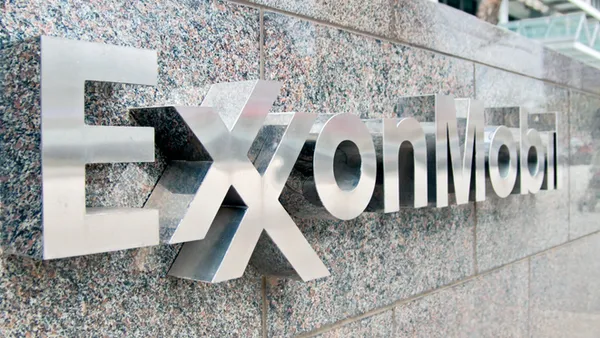Dive Brief:
- New compensation reporting requirements for employers will not go into effect as planned, according to the U.S. Equal Employment Opportunity Commission (EEOC), the agency that initially implemented those new requirements.
- The White House's Office of Management and Budget (OMB) told the commission on Aug. 29 that it has initiated "a review and immediate stay of the effectiveness of the pay data collection aspects" of the commission's EEO-1 form, according to EEOC.
- Employers with at least 100 employees (and certain smaller federal contractors) still must complete other long-standing sections on race and gender by March 31, 2018, according to EEOC's instructions.
Dive Insight:
EEOC's announcement is a huge reprieve for employers. The commission added compensation information requirements to the 2017 EEO-1 during President Obama's tenure and supporters say such data would go a long way in combating pay discrimination.
Acting Chair Victoria A. Lipnic, however, voted against the change and has been vocal about her opposition to it. She has spoken about a need to close the wage gap but says there are more effective ways to do so.
Business groups were even more outspoken about their distaste for the reporting requirements: at a congressional hearing in May, a U.S. Chamber of Commerce representative called the requested information "useless," while the Society for Human Resource Management decried the administrative burdens associated with culling such data.
Without other conservatives confirmed to the commission, Lipnic hasn't had the votes to reverse course, so stakeholders have had to look elsewhere for help. Some asked Congress to step in and lawmakers listened, attaching a rider to an appropriations bill that would have forbidden EEOC from enforcing the form's requirements. Others turned to OMB, which approves such forms. Employer groups argued that it could revoke its approval (granted during Obama's tenure), an option available if it later finds that EEOC’s burden estimates were “materially in error." It's unclear whether OMB exercised that specific option, although the Chamber, in an email to members, said that consideration at least seemed to factor into the office's reasoning.
The move doesn't kill the new requirements entirely or prevent the EEOC from requiring such information in the future (as is the case with other Obama-era mandates) but it certainly seems that employers won't be facing these requirements anytime soon.












